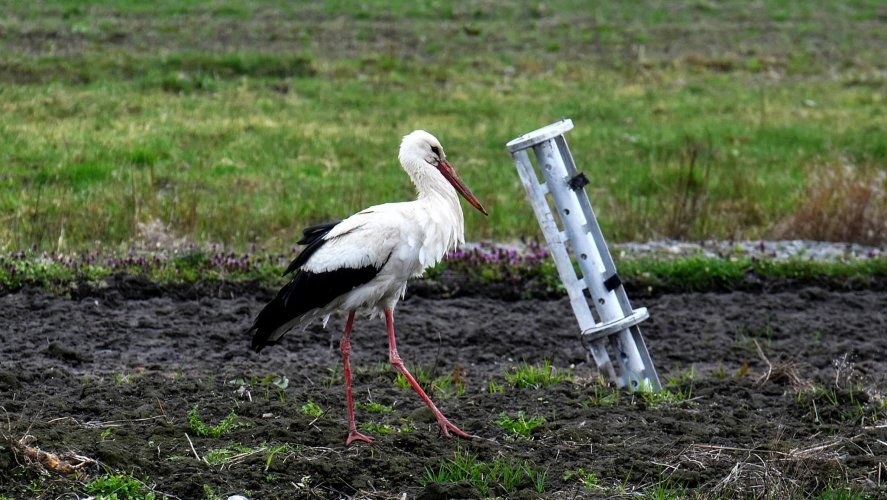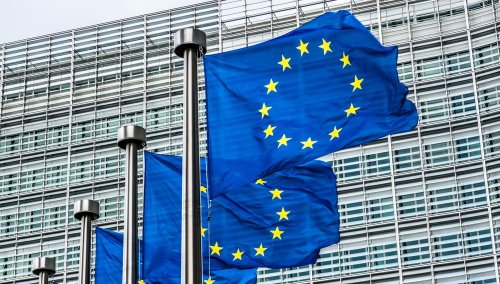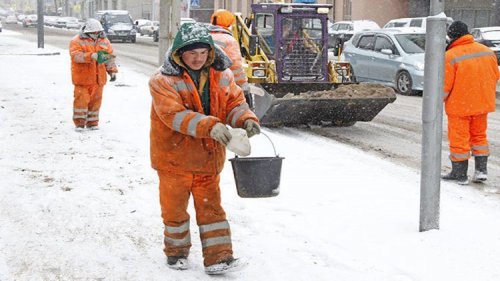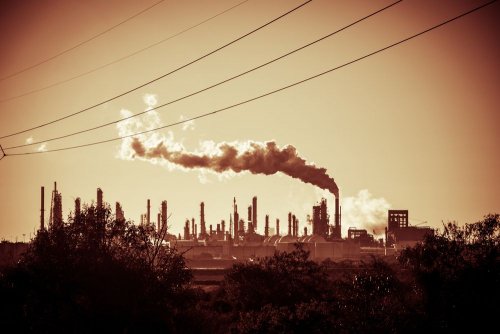Director General of the European Commission's Directorate-General for Justice Nils Berndt said that the EU is ready to help Ukraine investigate Russia's environmental crimes.
The scale of military eco-crimes is significant, but the legal context of these crimes is not very clear, DW reports.
Berndt emphasized that in modern history there are cases when countries have already received compensation for environmental damage caused by military conflicts. However, the scale of such crimes caused by Russian aggression is much greater.
"We cannot recall anything like this from the past. At the same time, the legal context of these crimes is not very clear," he said. "In addition to prosecution, our goal should be primarily to restore the environment where possible. , where this cannot be done, it is necessary to demand compensation from Russia."
According to the lawyer, bringing Russia to justice is hindered by the lack of clear norms of international law and the unprecedented scale of the crimes.
It is noted that Ukraine already estimates the ecological damage from the war at more than €56.7 billion. Damage to natural resources has long-term, often irreversible, consequences. However, according to the Minister of Environment Protection and Natural Resources Ruslan Strilets, the biggest eco-crime is the undermining of the Kakhovskaya HPP dam by the occupiers – 10% of this amount.
The article added that Ukraine is already one of the most mined countries in the world, because explosive objects are located on 30% of the territories. In addition, 150 million tons of greenhouse gases were additionally released into the atmosphere due to Russian aggression. Therefore, the ecological consequences of the war will be felt by other countries.
It is noted that during the war in Ukraine, 2,900 ecocrimes of the occupiers were documented. Currently, the Prosecutor General's Office is investigating 271 military violations against the environment, including 15 incidents of ecocide as part of Russia's war against Ukraine.
Earlier, EcoPolitic wrote, that the European CBAM carbon import adjustment mechanism can become a source for forced compensation for environmental damage, which Russia inflicted on Ukraine during a full-scale war.
As EcoPolitic reported earlier, in the Odesa region, the prosecutor's office opened criminal proceedings on the fact of ecocide, namely the mass death of dolphins that lasted half a year in the Black Sea due to the military aggression of the Russians.





